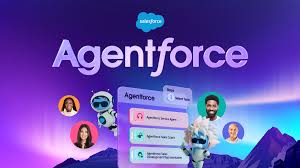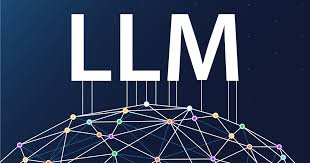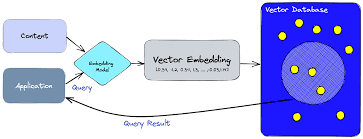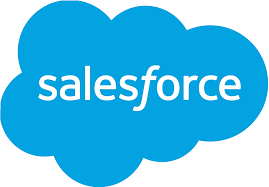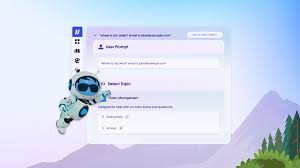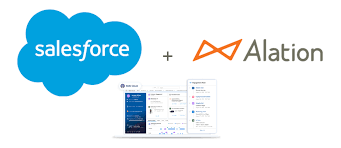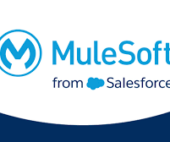5 Attributes of an Agent
Defining the Role of AI Agents To successfully implement AI agents, organizations must clearly define their function across these five key areas: The Evolution of Agentic Automation Agentic automation represents a major shift in how enterprises leverage AI to drive productivity and efficiency. By seamlessly integrating AI agents, human employees, and automation technologies, businesses can orchestrate complex workflows from start to finish. AI agents are transforming customer service and business operations. These intelligent systems can plan and execute tasks, make informed decisions, and integrate with existing workflows to deliver superior efficiency. With the right AI strategy, businesses can elevate customer experiences by offering proactive, personalized, and highly responsive solutions. The Need for AI Agents Businesses today face mounting challenges: AI agents like Agentforce provide a scalable solution by automating interactions, streamlining processes, and ensuring continuous availability. Let’s explore what AI agents are, how they work, and how to deploy them successfully. What is an AI Agent? An AI agent is an intelligent system that autonomously interacts with customers, processes data, and executes actions without human intervention. Powered by machine learning and natural language processing (NLP), AI agents can: Unlike traditional automation, AI agents learn from interactions, refine their responses, and adapt to evolving business needs. Imagine if every employee—from the CEO to the newest sales rep—had an AI-powered assistant. With today’s AI advancements, that vision is becoming a reality. The Impact of Generative AI Agents More companies are embracing generative AI agents that leverage trusted customer data to deliver real-time insights. Tasks that once required extensive manual effort—like data analysis, trend forecasting, and customer support—can now be automated, freeing employees to focus on higher-value work. Beyond customer service, AI agents help businesses scale, meet key performance indicators, and solve problems before they escalate. The potential of this technology is just beginning to unfold. How AI Agents Work AI agents operate through a four-step process: By integrating these capabilities, AI agents can autonomously manage tasks like product recommendations, troubleshooting, and proactive follow-ups—allowing human employees to focus on strategic initiatives. Types of AI Agents Not all AI agents function the same way. Businesses can leverage different types of agents based on their operational needs: The Future of AI Agents AI-driven automation is redefining the way businesses operate. From enhancing customer experiences to optimizing internal workflows, AI agents are becoming indispensable tools for modern enterprises. As organizations invest in AI strategies, the key question remains: Are you ready to harness the full potential of AI agents to drive business success? Contact Tectonic today! By Tectonic Marketing Operations Director, Shannan Hearne Like Related Posts Salesforce OEM AppExchange Expanding its reach beyond CRM, Salesforce.com has launched a new service called AppExchange OEM Edition, aimed at non-CRM service providers. Read more Salesforce Jigsaw Salesforce.com, a prominent figure in cloud computing, has finalized a deal to acquire Jigsaw, a wiki-style business contact database, for Read more Service Cloud with AI-Driven Intelligence Salesforce Enhances Service Cloud with AI-Driven Intelligence Engine Data science and analytics are rapidly becoming standard features in enterprise applications, Read more Health Cloud Brings Healthcare Transformation Following swiftly after last week’s successful launch of Financial Services Cloud, Salesforce has announced the second installment in its series Read more






